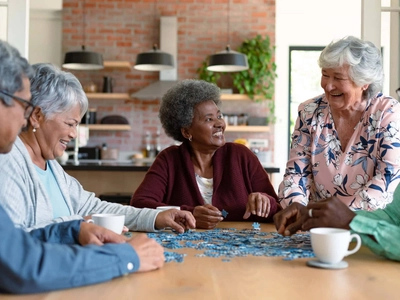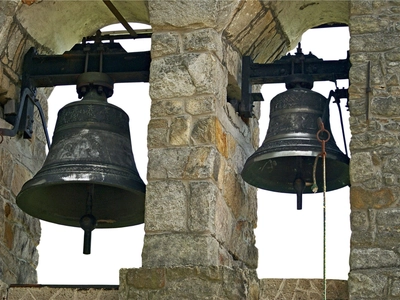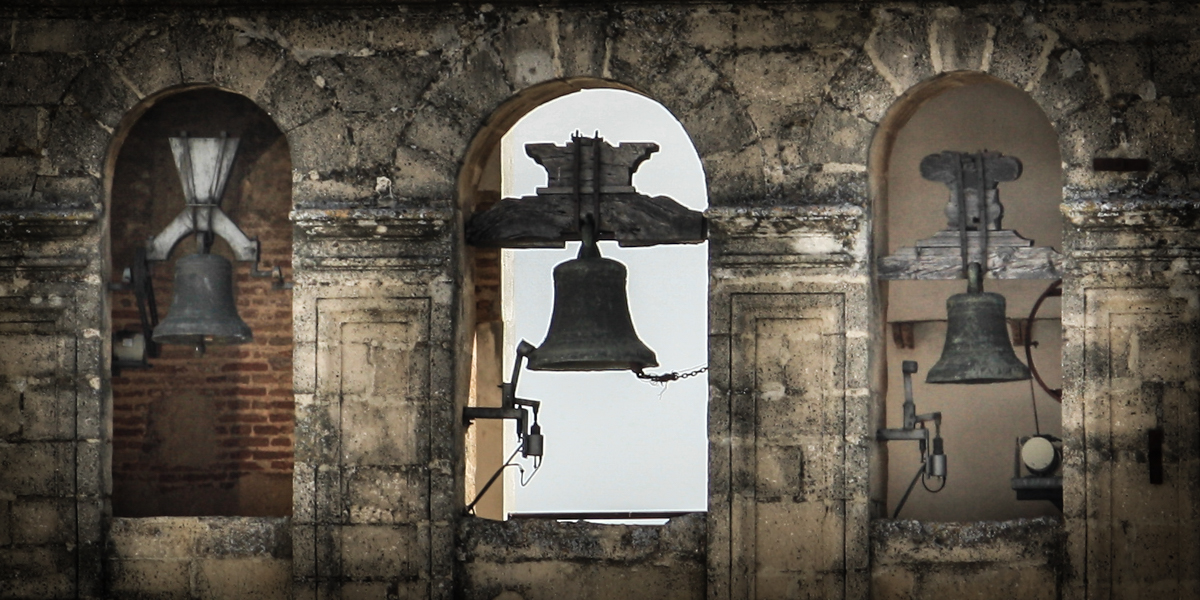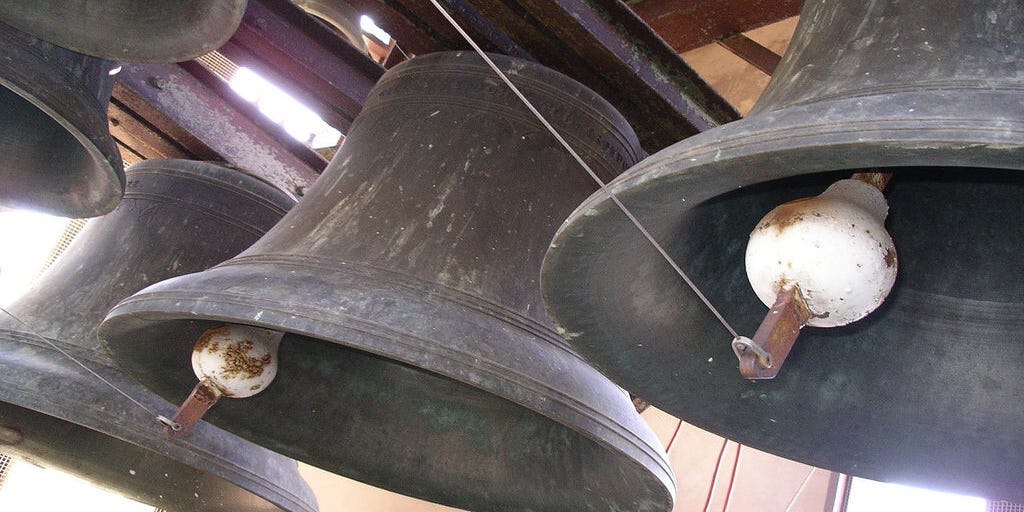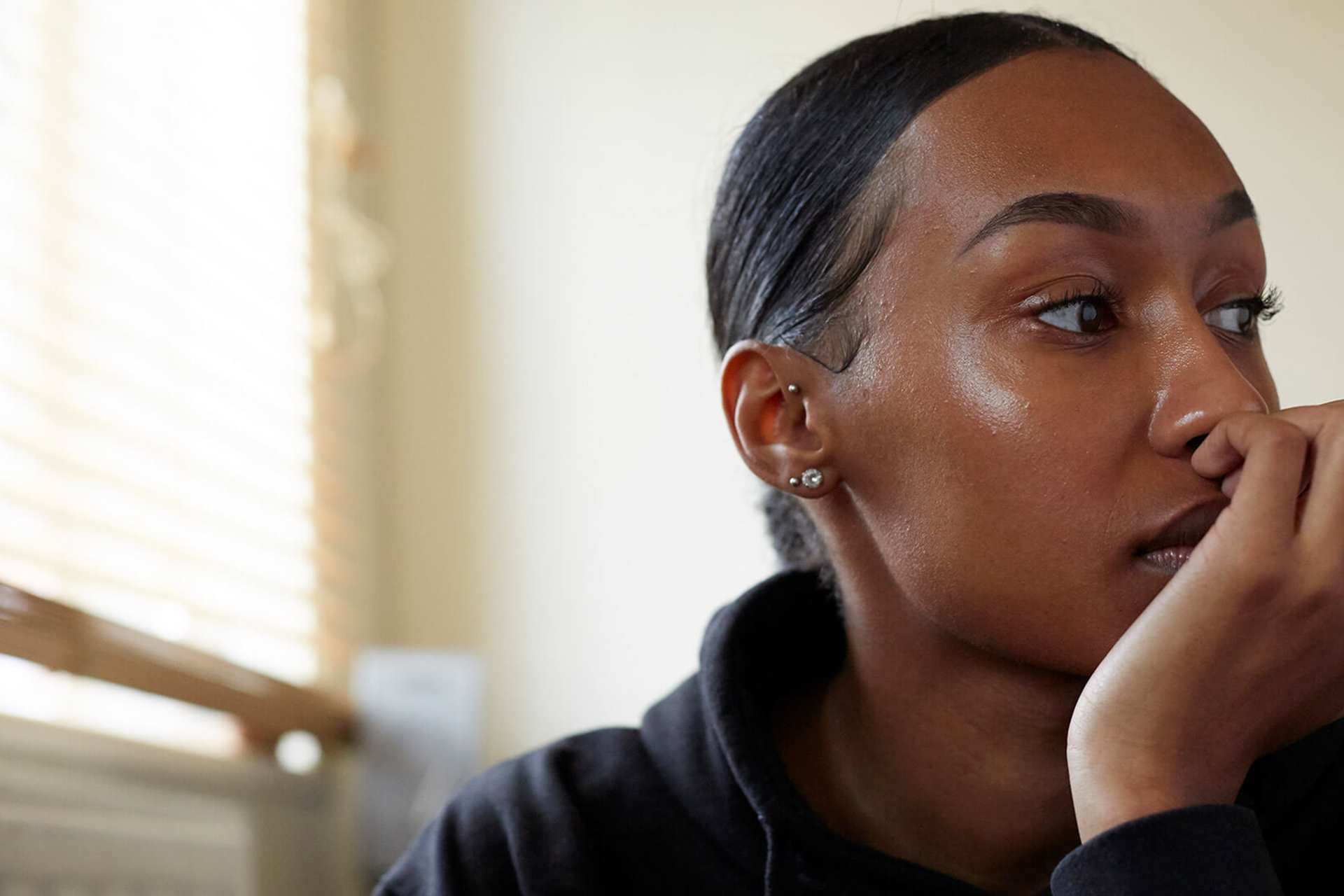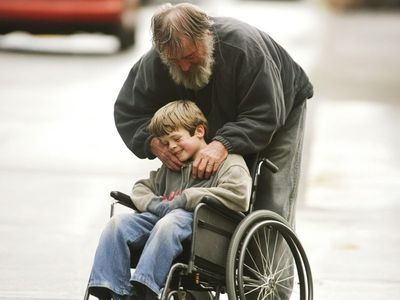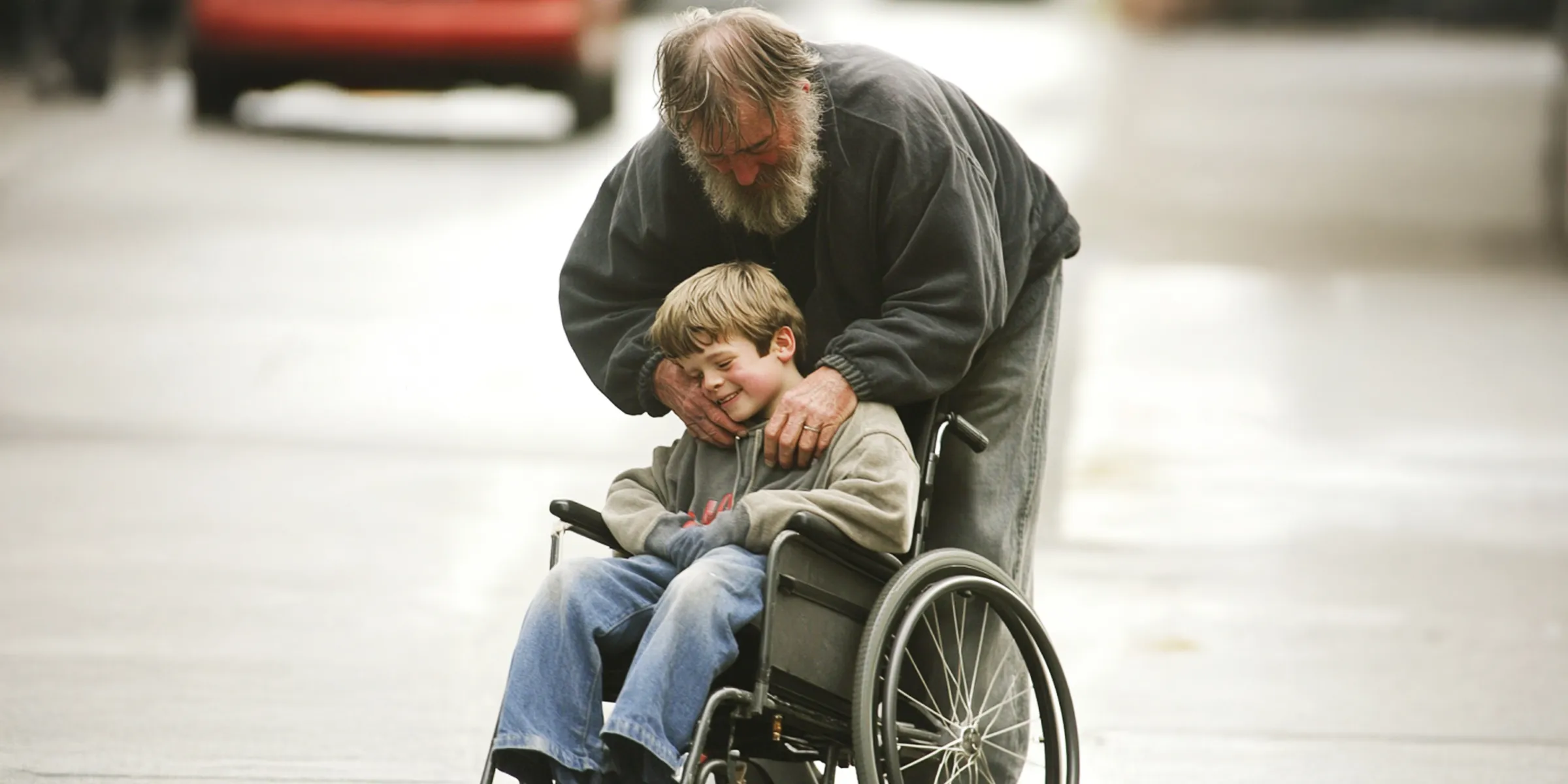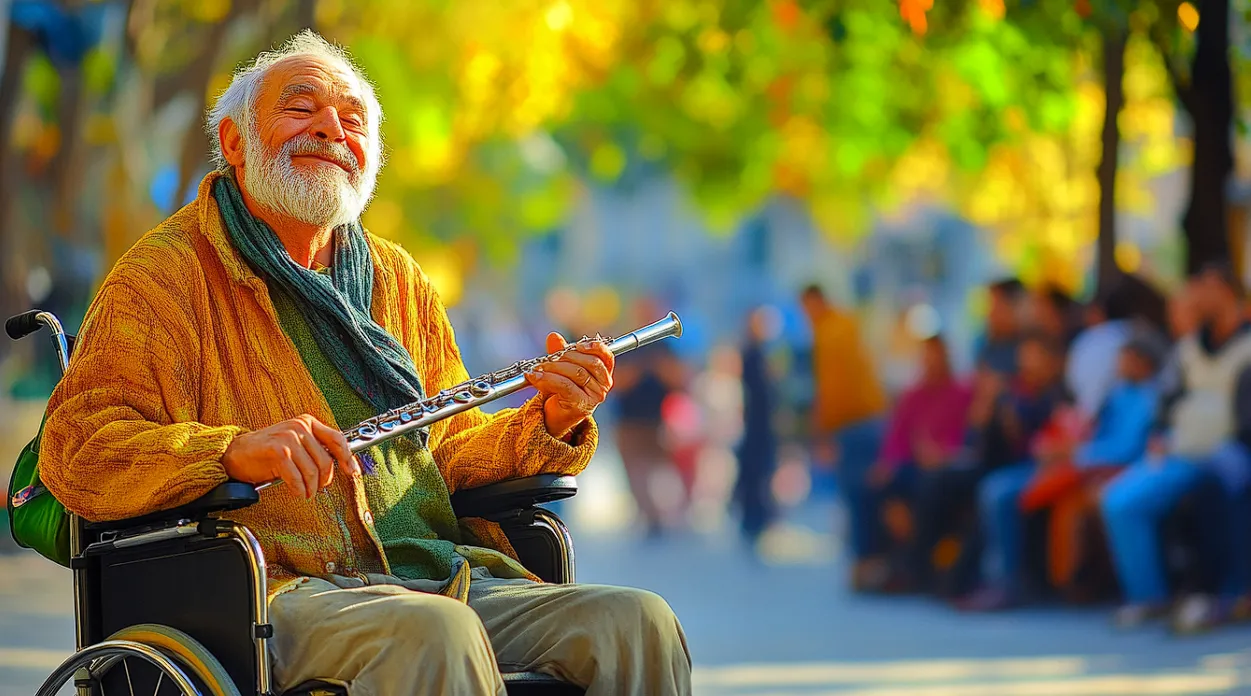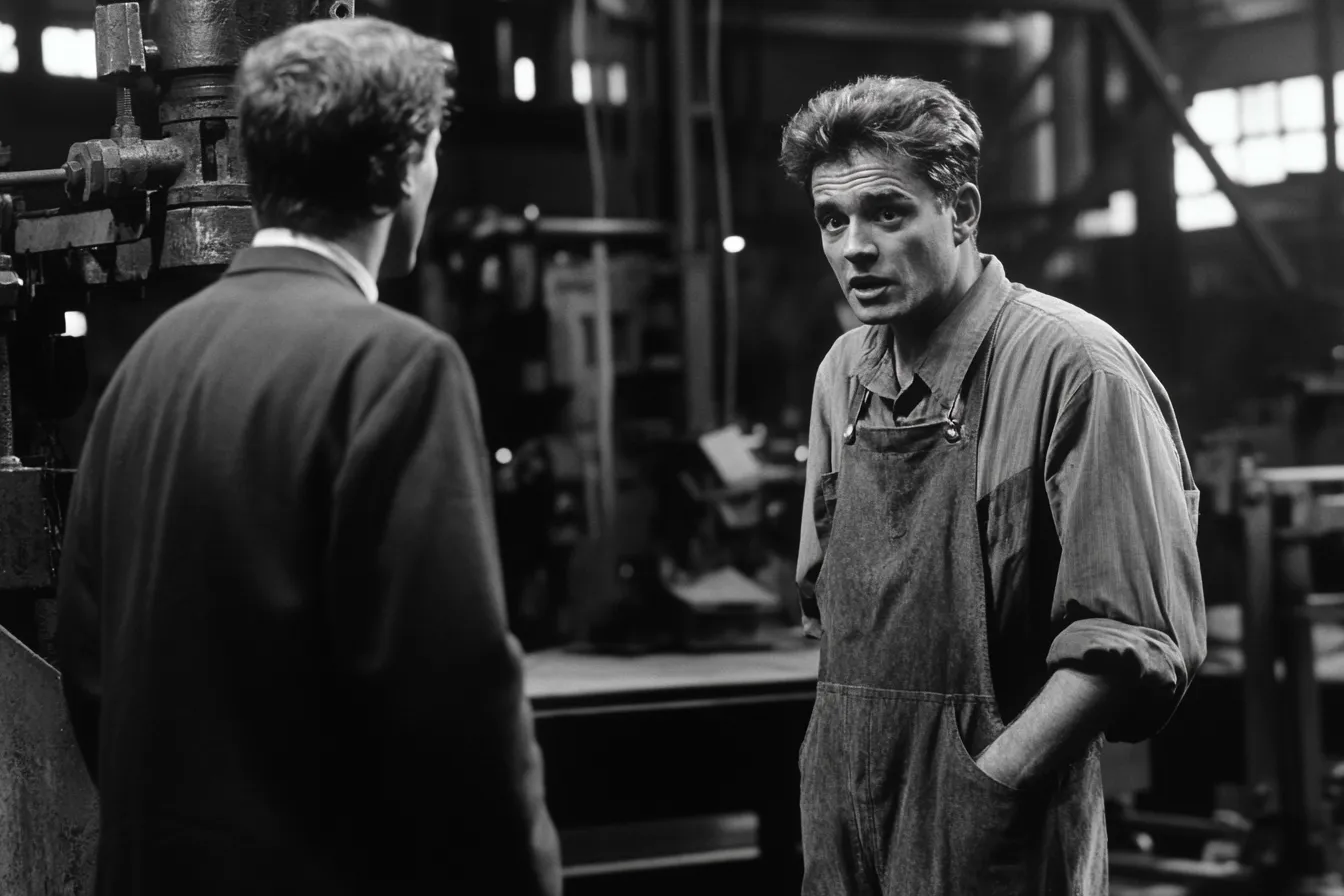The Silent Epidemic: Why We're Locking Away What Our Elders Need Most
There's a locked piano sitting in a senior center somewhere, its keys silent for six months. Mrs. Chen used to fill those halls with hymns every Tuesday until she was moved to assisted living. Now, the instrument sits like a monument to institutional fear—fear of liability, fear of chaos, fear of letting people simply be human.
This isn't just about one piano. It's about a systematic stripping away of the sacred spaces that give life meaning.
The Science Behind the Silence
Research from the National Center for Biotechnology Information shows that music therapy significantly improves cognitive function, reduces depression, and enhances quality of life for elderly patients with dementia. Piano playing, specifically, activates multiple brain regions simultaneously—motor cortex, auditory cortex, and emotional centers—creating neural pathways that can slow cognitive decline.
Yet here we are, locking pianos away because someone might get hurt, someone might complain about the noise, someone might not follow the rules.
The Maintenance Man's Pocket
That maintenance worker who pocketed the key? He's not the villain here. He's following orders from administrators who've forgotten that senior centers aren't storage facilities for old people—they're supposed to be communities where life continues to flourish.
The real crime isn't the locked piano. It's the mindset that says we can't trust our elders with the very things that make them whole.
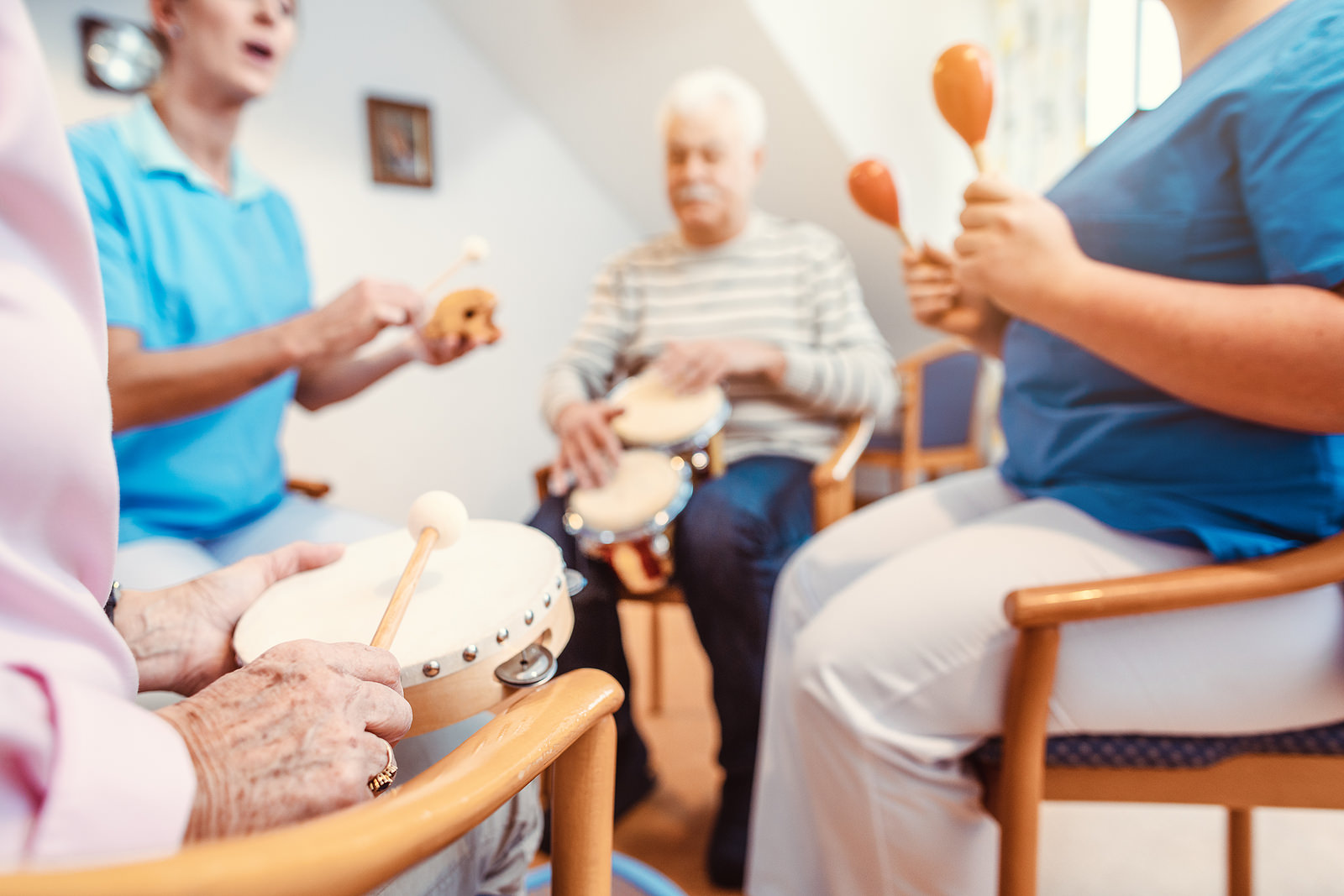
When Sacred Becomes Forbidden
Music isn't just entertainment for the elderly—it's medicine. It's memory. It's connection to a self that dementia and aging threaten to erase. When we lock away instruments, we're not just preventing noise; we're severing lifelines.
Psychologists studying sacred spaces have found that environments lose their healing power when institutional control overrides human need. The piano becomes a symbol of everything wrong with how we treat aging: we infantilize, we restrict, we "protect" people right out of their own lives.
The Hymns Mrs. Chen Won't Play
Somewhere tonight, Mrs. Chen sits in her assisted living facility, her fingers remembering melodies she can no longer access. The muscle memory is still there—decades of "Amazing Grace" and "How Great Thou Art" encoded in her hands. But the keys that could unlock those memories are sitting silent, gathering dust.
This is what happens when we prioritize order over humanity.
The Deeper Disease
The locked piano represents something more insidious than mere institutional incompetence. It's the medicalization of aging, the assumption that older adults are problems to be managed rather than people to be honored. We've created environments that look like communities but function like warehouses.
When did we decide that the risk of someone playing off-key was greater than the risk of silencing souls?
Breaking the Lock
The solution isn't complex. It requires no budget meetings, no liability assessments, no committee approvals. It requires someone—anyone—to say: "This is wrong."
Unlock the piano. Let Mrs. Chen's replacement find those keys. Let the building fill with imperfect melodies played by shaking hands that still remember how to create beauty.
Because in the end, we're not just talking about pianos. We're talking about dignity. We're talking about the right to remain fully human until the very end.
The Sound of Silence
Every day that piano stays locked, we lose something irreplaceable. Not just the music—though that matters. We lose the reminder that life doesn't end at 65 or 75 or 85. It only ends when we stop letting it be lived.
The maintenance man has the key. The question is: who has the courage to ask him to use it?
Some things are too sacred to lock away. Music is one of them. The human spirit is another. And sometimes, the only difference between the two is the courage to turn a key.
